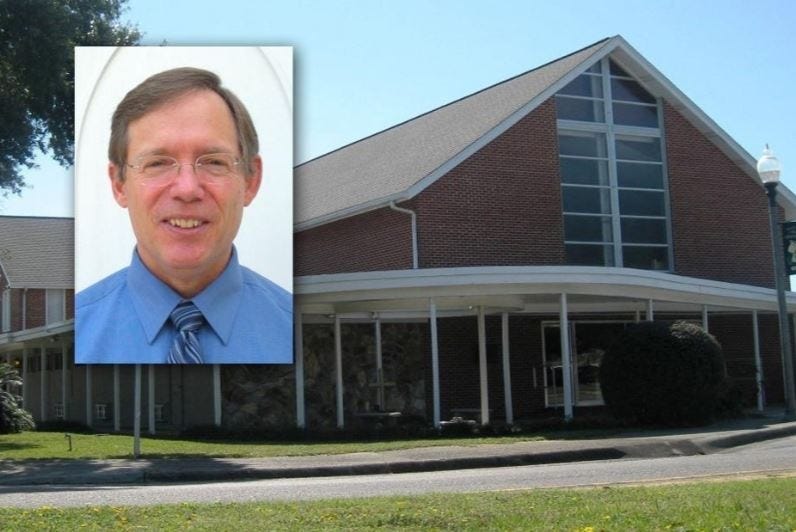
Let's say someone does you a great disservice. Perhaps someone tells a malicious lie about you. Perhaps someone injures your child, steals from you, or worse yet, takes the life of a loved one because of an accident.
Do you forgive that person? Why or why not?
One dark night I arrived at the scene of a terrible accident where a vehicle struck an older man who was attempting to cross the highway in a dark area and was seriously injured. When the man's adult children arrived at the scene, they were furious. They demanded to know who the driver of the vehicle was so they could physically attack and punish the driver. They were not told.
Later, in the waiting room at the hospital, word came from the doctors that the older man had died from his injuries. The furor of anger and hatred toward the driver, still unknown to the family, continued. Hateful words were expressed. Threats of violence continued.
By the time I left the hospital, family members had calmed down, and their grief and fear were no longer expressed as anger and hatred, but by tears of deep sorrow and loss.
Eventually, the investigation of the accident determined the driver of the vehicle was not at fault. The older man had stepped into the path of the car, not allowing any time for the driver to take evasive action.
Did the members of that family forgive the driver of the vehicle? I don't know. What would you have done?
If the driver of the vehicle had heard the hateful rhetoric spoken by the family, would the driver have forgiven them for the false accusations and threats? I don't know. What would you have done?
We are taught that for every action there is an equal and opposite reaction — tit for tat, an eye for an eye and a tooth for a tooth. That's what many really want: to make the other person hurt the way we were made to hurt.
We are called to forgive those who hurt us, according to the Bible, but forgiveness defies logic. It doesn't seem to make sense. And yet, it makes perfect sense if you wish to enjoy the life given to you by God.
"Love your enemies and pray for those who persecute you, so that you may be children of your Father in heaven," Jesus said.
Forgiveness — while not condoning the offense — is a gift to both the offender and the offended. It frees both from the burdens that come with hatred, anger, fear and hurt. It allows healing to take place. And with that healing comes a lightness of heart; a better and stronger outlook toward life.
The more you hold on to anger and hatred, the darker each day becomes. Little things will irk you. People will irritate you. The future will seem to hold no reason for joy.
When you forgive and let go of your anger or hatred, each day that dawns looks brighter and more hopeful than the previous. The future holds all kinds of exciting promise.
Go ahead. Defy logic. Forgive your enemy.
The Rev. Mark Broadhead is pastor at Laurel Hill Presbyterian Church and First Presbyterian Church of Crestview.

This article originally appeared on Crestview News Bulletin: Defy logic — forgive your enemy
